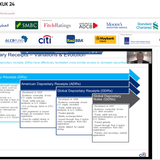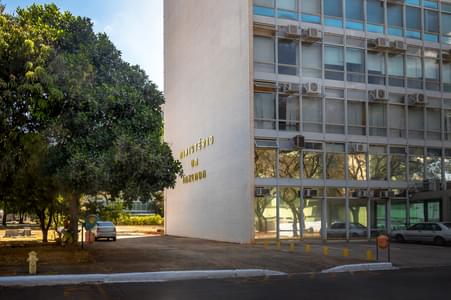The unprecedented economic crisis has caused a host of problems. Firms face financial problems and heads of household unemployment. The impact, however, is not limited to the routine daily difficulties that rob the sleep of many. The failure of Dilma’s economic agenda – marked by intervention, fiscal laxity and ill-considered experiments – also upset old convictions and awoke others in people who disagreed with the country’s bearings but were resigned to them.
A liberalizing breeze has started to refresh the air contaminated by the search for government paternalism by the business class and society at large. There is growing realization that the giant state apparatus that distinguishes Brazil from the successful experiences of peer countries stifles growth and the progress of social indicators.
The discourse of the traditional industrial leaders who supported Dilma’s economic agenda is slowly yielding to the vision of new leaders, who point out the mistakes of that agenda and its incompatibility with sustained economic growth. They advocate fiscal discipline and an agenda of structural changes to reduce the “Brazil cost”, with institutional improvement and more rationality and zeal in state action.
Some of those who supported the old model of Dilma fortunately have changed their minds, while others who were overlooked in the agenda of sectorial stimuli have digested twin losses, from before and now, and seek a more horizontal economic agenda.
In the final analysis, the leaders of the productive sector, which have had to promote a painful and broad adjustment, involving cost cuts, layoffs and internal restructuring, now want guarantees that the country will not pass through this experience again. They want to go forward, through smoother terrain, with smaller risks of backtracking.
Society in general perhaps does not yet understand the urgency of the fiscal and social security reform. But discontent and desire for change are unquestionable. By all appearances, there is no longer space for the “old politics”, without transparency and dialog. Today an election campaign like that in 2014 would probably not work. It infantilized the relationship with society, which today is more connected and participative.
The attitude of the political class, however, does not help. The former government leaders have not admitted their errors and the new government has not managed to explain to society the legacy received and the serious distortions in the fiscal field, and thus has not convinced society of the need for an adjustment. These postures can delay the country’s maturation, but not prevent it.
The country is changing, which by itself is very important. The movement toward modernizing reforms appears inevitable. What is unknown is the pace.
This will depend to good measure on politics. It is crucial for politics to be connected with the process of maturation under way and to conduct this transition, so that the country can more quickly overcome the resistance of certain organized sectors that do not want adjustments, or when they do, only want them to apply to others.
Will politicians be able to react to the present clamor for changes? Will their posture be responsible regarding the country’s future or will the political class be chained to the immediate parochial interest? How will the opposition act: with revanchism and ideology, beating the old drums of the past; or with engagement in responsible debate sensing the needs of a society in transformation? When will the leadership crisis, indicated unanimously by political analysts, be overcome by the desired political renewal?
Political competition is natural and is a critical variable for renewal, through replacement of politicians holding obsolete ideas with others who better understand the new aspirations of society for transparency, responsibility with the public purse and equality. Radicalism from the left and right possibly will remain where it belongs: at the margins.
A chasm exists between society and politics, aggravated by the Lava Jato investigations. The timing of society and politics is not synchronized. This chasm, however, is tending to narrow. It’s only a question of time. In light of the recent transformations, perhaps it won’t be that long.









